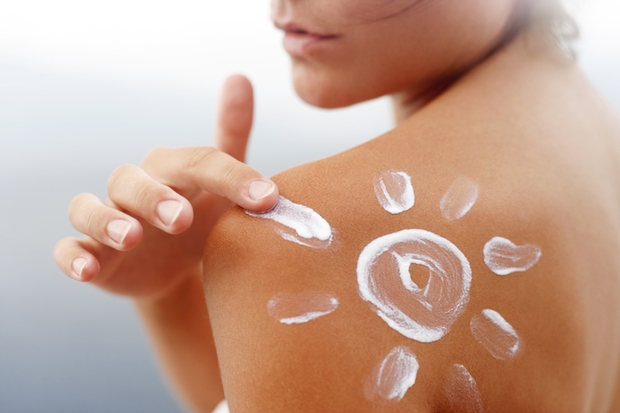The power of a pre-wedding sleep routine
Aside from looking radiant and well-rested on your wedding day, getting enough sleep offers additional...

|
Dermatologist Dr Daniel Glass, from The Dermatology Clinic London on Harley Street www.thedermatologyclinic.london, shares his advice on how to keep your skin safe this summer.
Invest in quality sun protection
It is now clear that there are long-term consequences of overexposure to the sun and Ultraviolet Radiation (UVR), with even one blistering sunburn thought to increase the risk of developing skincancer. Other effects could include prematureageing, skin wrinkling, and the development of brown spots and freckles(lentigos). To help prevent this sort of skin damage, ensure you invest in a high quality, broad spectrum sun cream with good protection which can limit potential damage.
Understand the damage the sun can do
To help protect your skin from the summer sun, it is important to understand how and why the sun can cause damage. Both UVA and UVB rays are capable of causingsun burn, however UVB is more potent than UVA in terms of causing redness or sunburn, as its rays penetrate deep into the top layer of the skin, the epidermis. About 90% of UVB is absorbed by the epidermis, which responds by releasing chemicals that cause the reddening and swelling characteristic of the early signs of sunburn, which, with repeated exposure, causes injury to theepidermis resulting in ageing skin. The effects of UVA rays are felt more substantially in the long term. These long wave rays penetrate deeper into the skin and repeated exposure can cause premature ageing due to a gradual loss of elasticity in the skin. Individuals with lighter skin and children should take extra care and keep themselves well protected from repeated episodes of sun exposure (i.e. burning each summer on your annual holiday), as it is considered a high risk factor for developing serious skin conditions such as, melanoma.
Factor or Fiction?
It is important to use a sun cream that protects you against both UVA and UVB. The number you will find on most sun cream refers to UVB protection and it is always best to use factor 50. In the UK, there is often a star rating that refers to the amount of UVA protection a product provides, with five star protection being the best. It is always best to apply your chosen, broad spectrum sunscreen at least 30 minutes before you go outside and to reapply every 2 or 3 hours throughout the day, and after excessive sweating or swimming. Even if you don't normally burn easily, regardless of your skin type, applying the correct sunscreen is essential in preventing serious sun damage that can occur over a lifetime, due to overexposure and lack of protection.
The After Effects
When it comes to caring for your skin in the sun, prevention is better than cure, however if you do get sunburnt, pain relief is essential. I'd recommend taking regular aspirin or non-steroidal drugs such as ibuprofen, as well as regular use of moisturisers with additives like Aloe Vera, to help soothe the skin. Other actions to take in order to ease discomfort are frequent cool baths or showers, allowing any blisters to heal naturally, avoiding the temptation to tamper with them yourself.
Cover Up
Sunscreen requires regular re-application for maximum effect, so it may be easier to use protective clothing that does not need maintenance, especially for children whose time is mostly spent running around the poolside and swimming. There are a number of retailers who sell this type of clothing with in- built sun protection and often the clothes are labelled with a sun protection symbol, similar to sun screen. Ultimately, it is always best to avoid the midday sun, as about 90% of UVB reaches the surface of the earth at this time; the maximum level of light reaching the earth.
Future proof your skin
Keeping an eye on your skin regularly and checking for any unusual developments is essential, especially if you're planning a trip to warmer climates. If you are particularly worried about your skin condition and have noticed any unusual markings and moles, or suffer from severe heat rash and other uncomfortable skin ailments, it may be best to visit a Dermatologist in order to prevent and avoid any further damage. The Dermatology Clinic London at 55 Harley Street, specialises in treatment of a range of medical skin conditions, including sun protection, skin cancer treatment and mole monitoring.
It's time to make sure you take the correct precautions when it comes to protecting your skin from sun damage, with the help of The Dermatology Clinic London, www.thedermatologyclinic.london